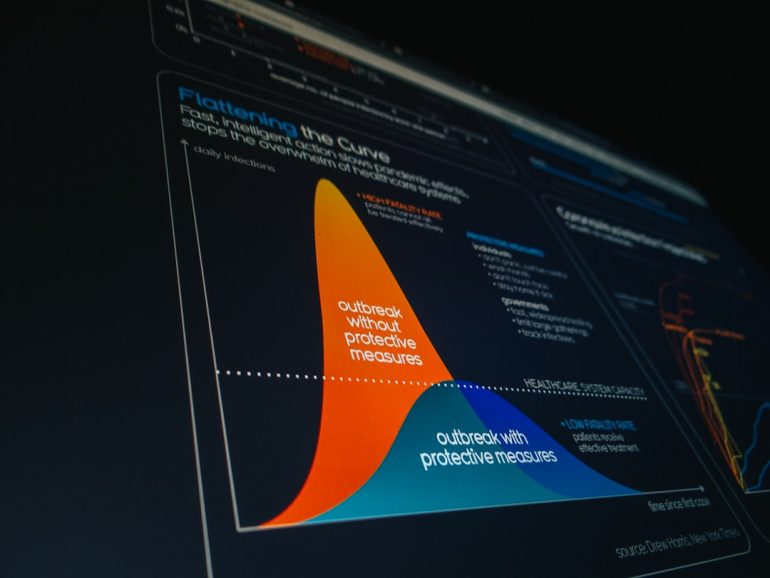What are the best AI tools for recommendation engines?
In today’s digital landscape, businesses rely heavily on recommendation engines to personalize user experiences and drive engagement. From suggesting books on Amazon to curating playlists on Spotify, AI-powered recommendation systems have become indispensable. To power these intelligent suggestions, robust AI tools are necessary—solutions that can process large amounts of data, uncover patterns, predict user preferences, and adapt in real time.
Whether you’re an e-commerce platform, a media service, or a content-driven site, selecting the right AI tools is crucial to the success of your recommendation engine. Below is a comprehensive look at some of the most reliable and widely-used AI tools for designing and deploying recommendation engines.
1. TensorFlow Recommenders (TFRS)
Table of Contents
TensorFlow Recommenders is an open-source library developed by Google. It is built on top of TensorFlow and is specifically designed for building scalable and flexible recommendation systems.
- Strengths: High performance, deep learning-based, strong community support
- Use Cases: Personalized search, content recommendations, e-commerce suggestions
- Best For: Developers familiar with TensorFlow and deep learning architecture
TFRS allows for the seamless integration of various recommendation techniques, such as collaborative filtering and content-based filtering. Users can construct pipelines that bring together retrieval and ranking models—a two-stage approach widely used in production systems.

2. Apache Mahout
As part of the Apache Software Foundation ecosystem, Apache Mahout is designed to create scalable machine learning algorithms. While not solely focused on recommendation engines, Mahout includes several algorithms tailored for recommendation tasks.
- Strengths: Scalability, integration with Hadoop and Spark, open-source
- Use Cases: Retail product recommendations, location-based suggestions
- Best For: Enterprises dealing with large-scale data and using Hadoop or Spark environments
Mahout supports collaborative filtering and can be a robust solution for applications that require batch processing and real-time analytics simultaneously. While the learning curve can be steep, it’s a trustworthy choice for engineers looking to harness the power of big data technologies.
3. Microsoft Azure Personalizer
Azure Cognitive Services offers a tool called Personalizer, which makes it easy to implement context-based recommendations without needing a deep background in machine learning.
- Strengths: Real-time recommendations, reinforcement learning, low code
- Use Cases: User interface personalization, targeted advertisements, dynamic content adaptation
- Best For: Businesses looking for ready-to-use AI services
What sets Azure Personalizer apart is its use of reinforcement learning, allowing the tool to adapt and improve over time as it gathers feedback from users. It’s a solid choice for businesses that need personalization capabilities without wanting to build models from scratch.
4. Amazon Personalize
Developed by AWS, Amazon Personalize enables developers to build custom recommendation systems using the same technology used by Amazon.com itself. Leveraging the power of managed infrastructure, it offers a plug-and-play system for those already within the AWS ecosystem.
- Strengths: AutoML capabilities, scalable infrastructure, no prior ML experience required
- Use Cases: Media recommendations, product personalization, personalized marketing
- Best For: Startups and enterprises using AWS wanting reliable performance with minimal configuration
One of the key benefits of Amazon Personalize is its ability to handle real-time updates and live inference, which is crucial for applications where recommendations need to reflect recent user behavior.

5. LightFM
LightFM is a Python-based library that combines collaborative and content-based filtering using hybrid matrix factorization. It is an excellent option for smaller teams or individual data scientists working on custom recommendation systems.
- Strengths: Customizable, supports hybrid methods, easy to integrate
- Use Cases: Movie recommendations, user-item interaction predictions
- Best For: Developers comfortable with coding in Python and requiring model interpretability
LightFM is particularly useful when you have both user and item metadata, allowing it to outperform pure collaborative methods, especially in cold-start scenarios.
Conclusion
Choosing the best AI tool for recommendation engines depends largely on your specific needs, technical expertise, and platform preferences. While TensorFlow Recommenders and LightFM offer flexibility for developers wanting to build complex systems, platforms like Amazon Personalize and Azure Personalizer are ideal for businesses seeking ease of integration and speed.
Ultimately, the efficacy of a recommendation engine lies not just in the tool used, but in how well it is tailored to serve users meaningfully and responsively. With the right AI solution, organizations can significantly enhance user satisfaction and drive measurable results.







